
Introduction
The book of Habakkuk was reportedly written around 600 BC. Habakkuk’s contemporaries were Jeremiah, Zephaniah and Nahum. The book was based on events in Judah, the southern kingdom. It was a prophecy about Judah’s future. The book was written during the reign of the wicked King Jehoiakim. He ruled Judah from 609 to 597BC (2 Kings 23:34–24:5; 2 Ch 36:3-8; Jer 22:17-22). Jehoiakim served his puppet masters, the Egyptians. They had made him king in place of his brother. Society in Judah had then broken down. Habakkuk recorded this state of affairs. GOD had exercised patience towards Judah for its culture of sin. The message was a burden as John Calvin (1509-1564) commented, because it was directed to the Jews. GOD would eventually punish them for their sin through the Chaldeans. However, the Chaldeans were not to be exempt from His wrath either.
The Condition of Judah
King Jehoiakim’s principal objective was to serve his overlords, the Egyptians. The treasury of Jerusalem was virtually given over to them. To meet this surrender of the nation’s assets, Jehoiakim therefore exploited the Judeans. Misgovernment and injustice resulted. Innocent blood was shed and GOD would not pardon the king for these acts (2 Kings 24:4). Habakkuk speaks of the violence, iniquity, wrongdoing, perversion, trouble, destruction, strife and contention that he saw. The law was manipulated and justice perverted. The wicked imposed their demands on the righteous. Jehoiakim was not alone in this conduct. His subjects took the cue from him and followed suit (1:3-4).
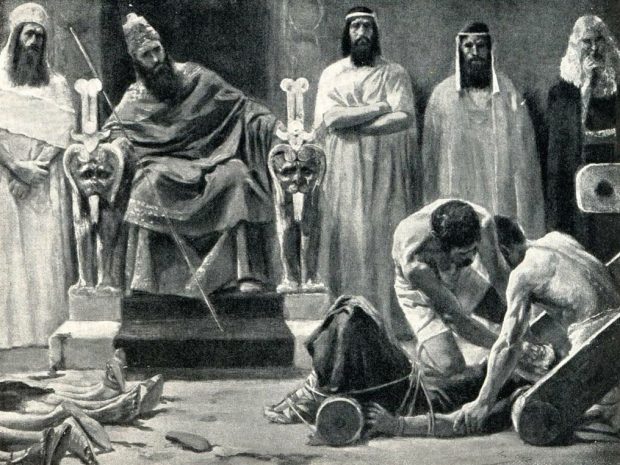
The Chaldeans
The Chaldeans were resident in their capital Babylon. They emerged as a new political power, seeking to replace the Assyrians and the Egyptians, the arch enemies of Israel and Judah. The Chaldeans were extremely vengeful and arrogant. Their swift hordes on horseback seized people’s houses and lands. Terror and dread were their instruments. Their sense of justice was brutal. They only cared about their lust. Their greed was like that of hungry wolves in the evening. They plundered at great speed with little time to waste as they moved on swiftly. Violence was their trademark. They eagerly conquered people like mopping up grains of sand. The Chaldeans viewed other rulers contemptuously. They took over fortresses without much difficulty, piling up mounds of sand to climb the external walls. Their power was in themselves as their own gods (1:5-11). They were wicked and people were defenceless against them. The Chaldeans enjoyed putting their prisoners in fishing nets and hooking these, dragging the prisoners away. They lived in style and worshipped their dragnets as gods (1:14-17).
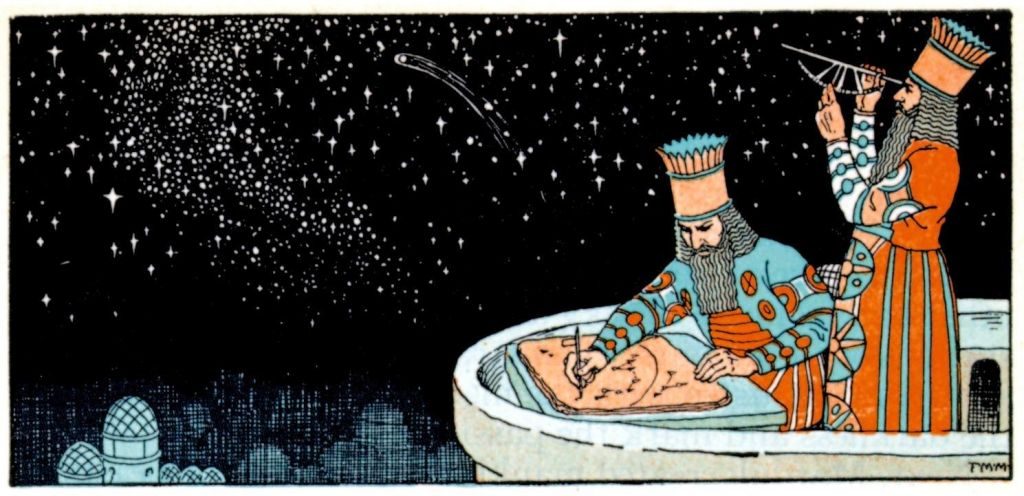
The Five Woes
GOD pronounces five “woes” or damnations on the Chaldeans. They were not going to get away scot-free for their sinful act of destroying Jerusalem either. GOD would ensure that they would be dealt with during their lifetime. GOD explains these woes to Habakkuk.
i) Plundering (2:6-8)
The righteous victims would eventually mock their conquerors. There would be a limit to their toleration of harsh suffering. They would eventually rise up against their captors. The Chaldeans had plundered nations. They would, as a consequence, be overthrown by those they conquered and oppressed.
ii) Boasting (2:9-11)
Evil gains were made by the Chaldeans. However, they had no safety because they had brought sin on themselves. This was evident from what they had carted away to build their own fortresses and dwellings.
iii) Oppression (2:12-14)
Violence and bloodshed accompanied their conquests. Their achievements would amount to nothing, just as fire delivers nothing. GOD’s glory extended far and wide and the Chaldeans would find that out soon enough.
iv) Ravages (2:15-17)
The Chaldeans made their victims drunk to the extent of shamefully exhibiting themselves. GOD would see to it that the same thing would happen to them when the occasion presented itself. Their glory would turn to shame and disgrace. They had stripped Lebanon of its luxuriant vegetation and animal life. The Chaldeans would receive a taste of their own medicine in return.
v) Idolaters (2:18-20)
They had carved idols for worship. These were useless and would not respond; the idols could not teach them anything– GOD’s stature in His Holy Temple was well above them.

Habakkuk and his relationship with GOD
GOD did not approach Habakkuk to commence prophesying as He did with his contemporaries. Habakkuk pleaded with GOD. He was restless for some time now, viewing the wickedness in Judah. GOD’s silence at the extremes of sin should not have surprised him. He had no right to claim instant solutions from GOD (1:2-4). GOD gave him a reply that amounted to the shock of his life (1:5). GOD was using the Chaldeans to beat down Judah for its wickedness (1:6). Habakkuk then tries to have GOD with His Holiness and Purity look on Judah’s wickedness forgivingly (1:12-13).He hoped GOD would avert the impending calamity on Judah (1:17). He then waited diligently for GOD to answer him, though he knew that GOD’s correction would be forthcoming (2:1).GOD gave him the vision and told him to write it on tablets so that whoever read the vision would spread it in haste (2:2).
There are similarities between Deuteronomy 32 and Habakkuk. Habakkuk moves from Chapter 1 to 3 from what Warren Wiersbe (1929) terms “worry to worship”. Martyn Lloyd-Jones (1899-1981) terms this as moving from “fear to faith”. God’s justice is then clearly preserved.
Habakkuk’s prayer moves across to the deliverance of GOD’s people from Egypt into Canaan (3:1-15) as recorded in the book of Exodus. In Chapter 3, the visions are from the song of Moses (Deut 33), the song of Deborah (Judges 5) and the song of David (2 Sam 22). Teman (3:3) was in Edom, the land south of Jerusalem where GOD was viewed during the Exodus as approaching from. Mount Paran (3:3) was between Edom and Sinai. Cushan and Midian (3:7) refer to the ethnic groups living near Mount Sinai, the first to notice the young nation of Israel (Moses’ wife was Cushite and lived in Midian). Habakkuk’s whole personality trembled because he had to wait quietly for the impending destruction of Jerusalem (3:16).
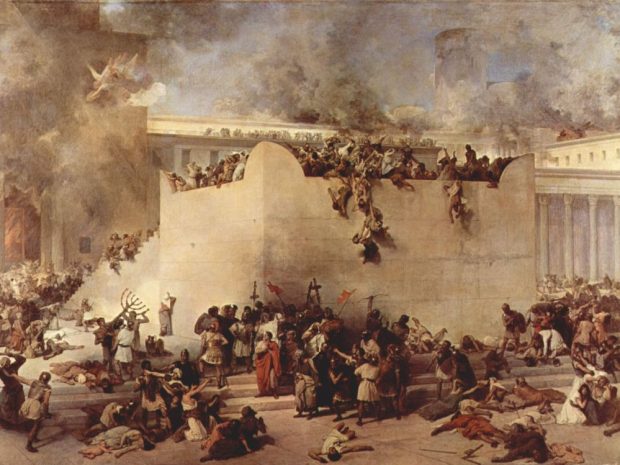
Lessons from Habakkuk
a) Sin
i) during our lifetime, GOD could bring judgement on our sin through someone whose conduct was worse than ours: the wicked Judah was overthrown by the cruel Babylon;
ii) GOD’s immediate silence amidst the excesses of sin should not surprise us and we have no right to claim instant solutions from Him, according to John Blanchard (1932);
iii) there are three steps to destruction based on the experience of Judah, according to J Vernon McGee (1904 – 1988):
* religious apostasy
* moral degradation
* political anarchy
iv) the punishment of Judah was not punishment by eternal rejection but by what Dr Michael Eaton terms “purifying punishments”; though extreme, such measures were for the Jews to reform themselves in order to ensure their ultimate redemption;
v) Charles Spurgeon (1834-1892) commented that GOD shows us iniquity for the following reasons:
a) to keep us humble;
b) to show us that grace has redeemed us;
c) to make us submissive in time of trouble;
d) to make us value civil life even more;
e) to show us what we would have otherwise been;
f) to make us see the evil of sin and to turn away from it or to avoid it;
g) to make us revere God’s sovereignty;
h) to make us stand out, and up against iniquity;
i) to deliver us from iniquity.
vi) those whose strength is their “god” would have to explain their guilt to GOD (1:11); and this is going to turn out futile for them;
vii) pride is not righteousness (2:4a);
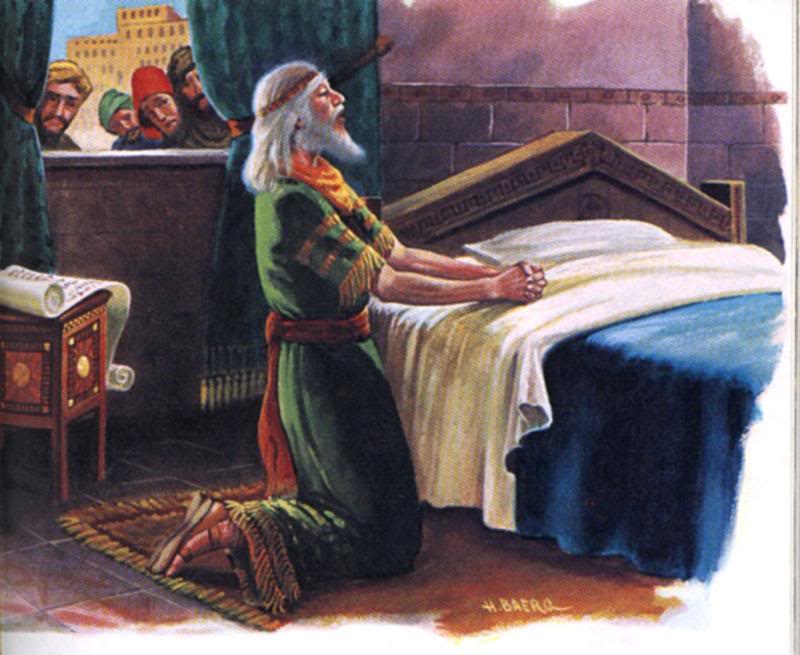
b) The glory of GOD
i) any vision that GOD has given us in His word would be met according to His appointed time and would not fail to come about (2:3);
ii) GOD is our Rock (1:12e) and our unchangeable assurance;
iii) GOD is from everlasting, our Holy One and we will not experience eternal death (1:12);
iv) GOD is in His holy place whilst the earth is silent before Him (2:20).
v) the earth is full of GOD’s praise (3:3).
c) Salvation
i) the righteous will live by faith (2:4b) – this, from the Hebrew, according to Dr Michael Eaton means the following:
a) the righteous live by GOD’s faithfulness to them;
b) the righteous live by GOD’s faith;
c) the righteous live their faith;
d) the righteous live by their faithfulness.
i) In Rom 1:17, 2 Cor 5:7, Gal 3:11, Heb 10:38, we are told that our certainty of salvation is dependent on our faith in, and by GOD; it is not on the basis of our heritage nor on the greatness of our deeds; this marks the substance of Christian salvation;
ii) GOD went forth for the salvation of His people and struck the head of the house of evil (3:13); this is also a reference to Christ and His saving work;
iii) we rejoice in GOD our saviour who is our strength despite any lack of prosperity that we may encounter; GOD keeps us above the level of our lives (3:17 &18); this He permits for our spiritual refinement and for His glory in us as His people;
iv) in 3:13,18 the word “salvation” is used of GOD’s people/ anointed: this is a foreshadowing of “Jesus” as “Saviour” was the meaning of His name( Matt 1:21).
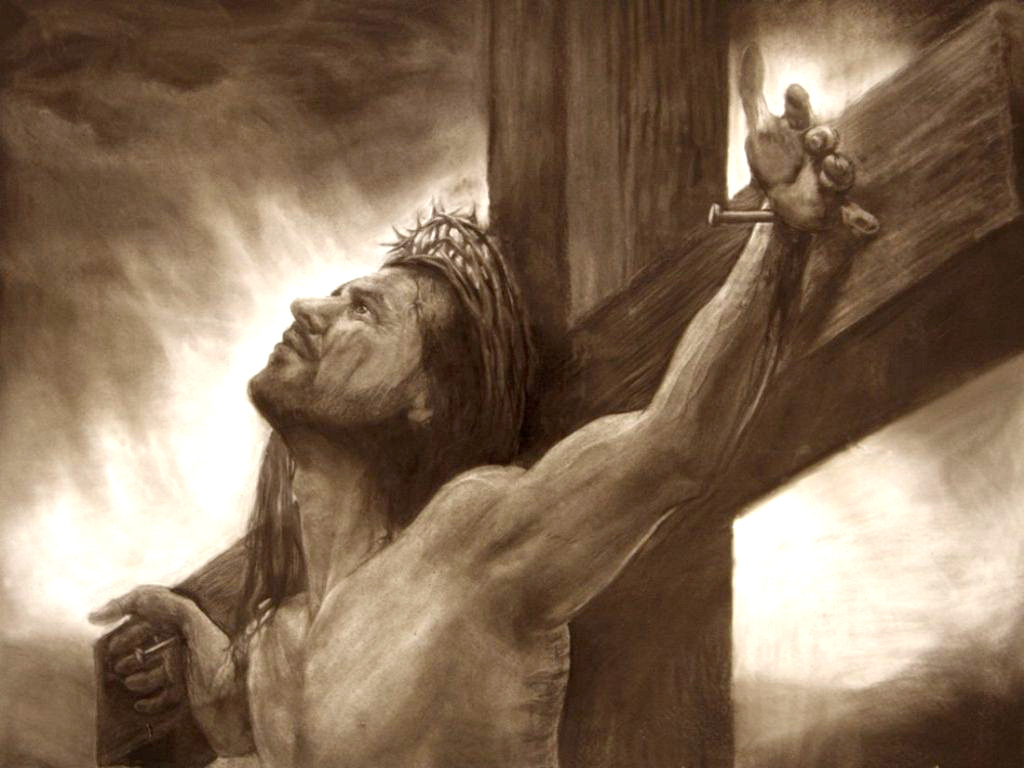
d) Prayer
i) our prayers to GOD must be in reverent fear of Him(3:2) and should not be taken lightly;
ii) in our prayers, though we know that GOD exercises wrath, we request mercy (3:2).
Conclusion
About fourteen years after the book of Habakkuk was written, the Chaldeans completed the sacking of Jerusalem in 586 BC. Forty seven years later, the Medes and Parthians sacked the Chaldean capital, Babylon in 539 BC. Two years later, the first batch of Jews set out from Babylon to return to Jerusalem.
NOTE: Tony Dibble worships at Endeavour Christian Gathering (ECG), in Perth, Western Australia. Prior to this, he was attending the Church of Our Holy Saviour (COHS), in Labuan, East Malaysia. When in Kuala Lumpur, he worships and preaches at Faith Oasis Fellowship (FOF) Subang Jaya, Selangor.
| Share the Good News |

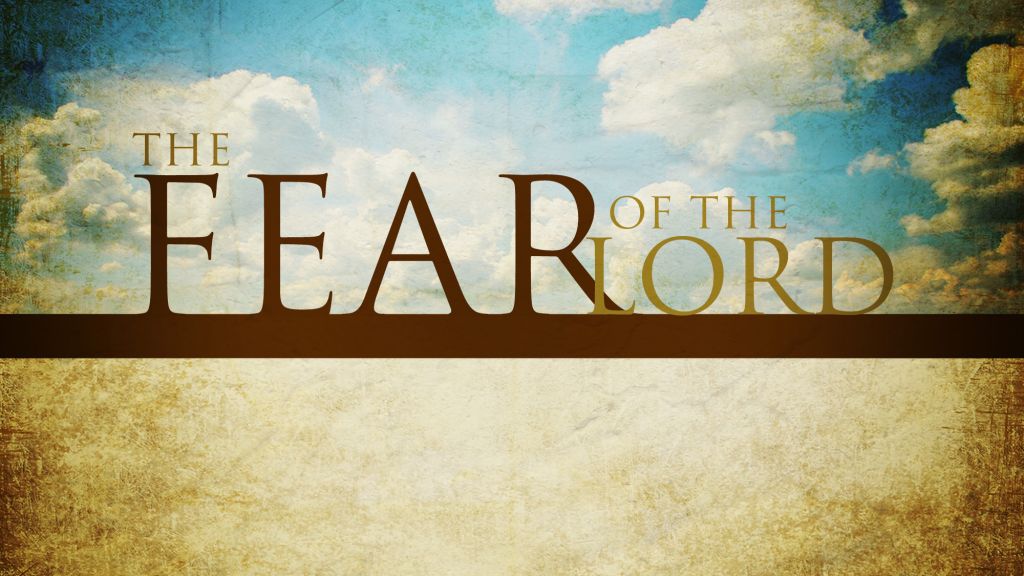


Leave a Reply